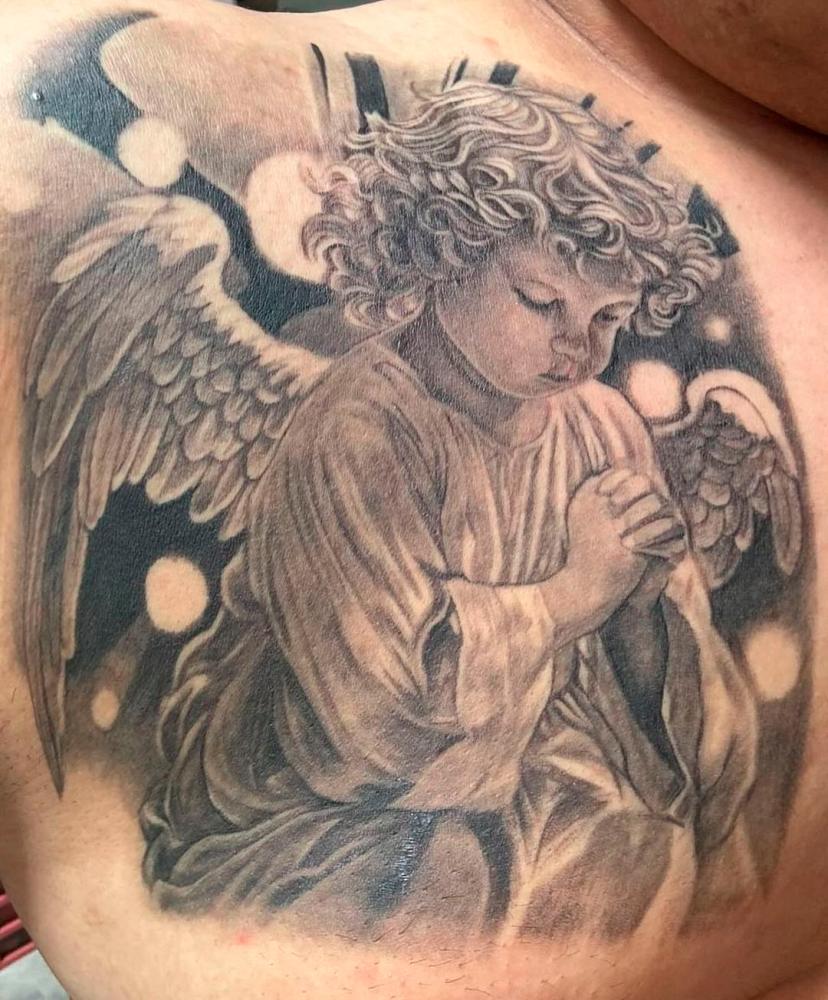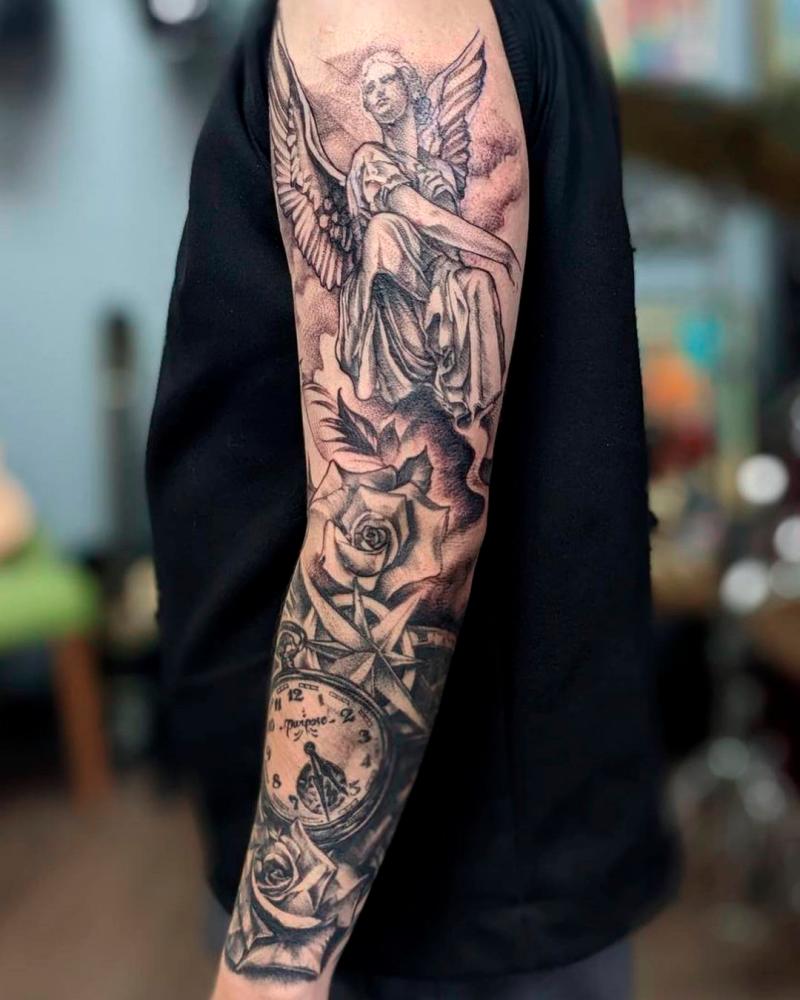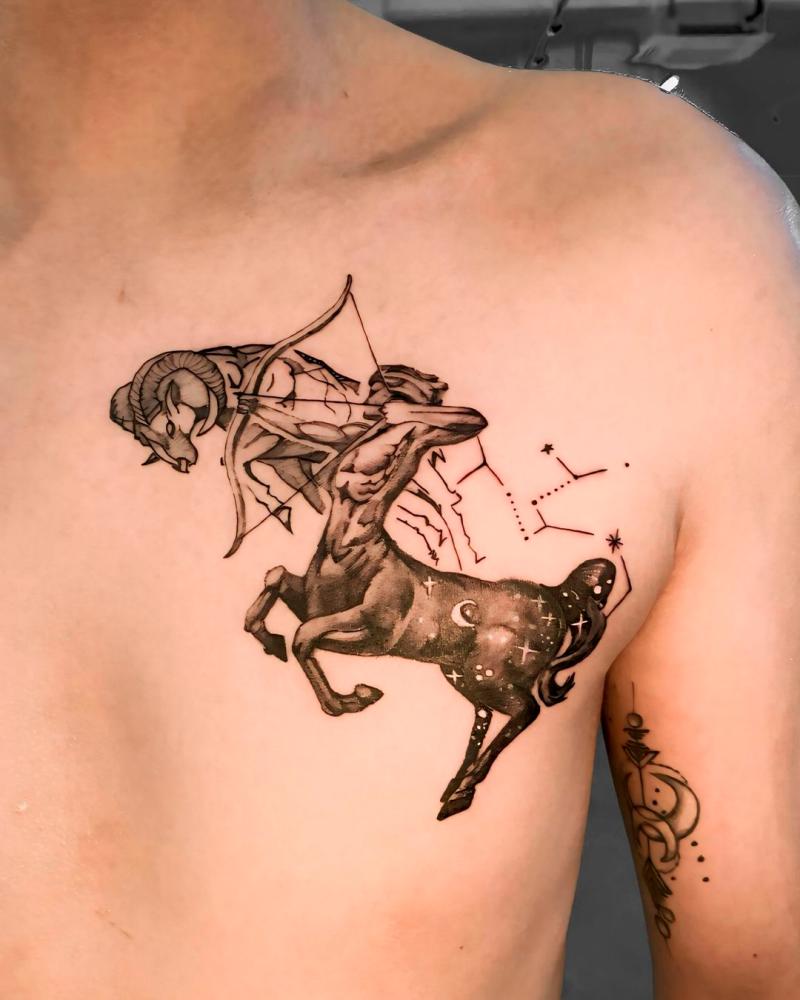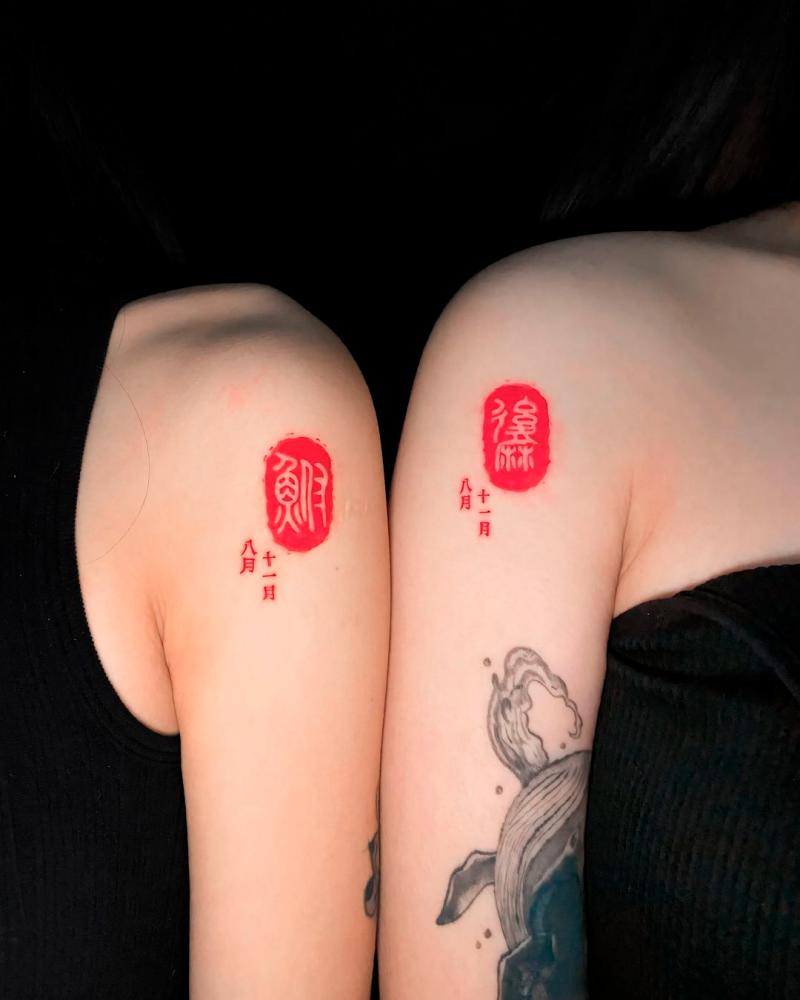BODY art, particularly tattoos, has become an integral part of modern culture, transcending societal boundaries and personal identities. The ancient art form, once limited to specific tribes and communities, now finds a place on the skins of millions worldwide, each tattoo narrating a unique story, belief or experience.
What is a tattoo?
A tattoo is a form of body modification, in which ink is inserted into the dermis layer of the skin to create designs, symbols or text. The practice dates back thousands of years, with evidence of tattoos found on mummies and ancient artefacts. Traditionally, tattoos were used to signify tribal affiliations, status and rites of passage. Today, they serve as a medium for self-expression, memorialisation and art.

Rise in popularity
In recent years, tattoos have surged in popularity across various demographics. Celebrities flaunt intricate designs and social media platforms showcase countless tattoos, influencing many to get their own skin art. The stigma once associated with tattoos has significantly diminished and they are now widely accepted in the mainstream society. Tattoo conventions, reality TV shows and professional studios have further contributed to the normalisation and celebration of this art form.
Pros of getting a tattoo
Self-expression and identity
One of the most compelling reasons people get tattoos is self-expression. Tattoos can be deeply personal, reflecting an individual’s personality, beliefs and experiences. They offer a way to communicate one’s identity and stand out. For many, tattoos serve as a visual narrative of their life’s journey, encapsulating memories, achievements and values.
Artistic appreciation
Tattoos are a unique form of art. Skilled tattoo artists are akin to painters or sculptors, creating intricate designs that are breathtakingly beautiful. For those who appreciate art, their body becomes a canvas for masterpieces. This artistic aspect of tattoos has led to a deeper appreciation for the talent and creativity involved in their handiwork.

Emotional and psychological benefits
Tattoos can have profound emotional and psychological benefits. They can serve as a form of healing or therapy, helping individuals cope with loss, trauma or significant life changes. Memorial tattoos, for instance, honour loved ones who have passed away, providing a sense of connection and solace. Additionally, tattoos can boost self-esteem and confidence, giving individuals a sense of empowerment and control over their bodies.
Cons of getting a tattoo
Health risks and complications
One of the primary concerns with tattoos is the potential health risks. If not done in a sterile environment by a professional artist, tattoos can lead to infections, allergic reactions and other complications. Contaminated needles can transmit diseases such as hepatitis. It is crucial to choose a reputable tattoo studio that adheres to strict hygiene standards and uses high-quality, sterile equipment to minimise these risks.

Permanent commitment and regret
Tattoos are permanent. Although there are options for tattoo removal, such as laser treatments, these procedures can be expensive, painful and not entirely effective. What seemed like a great idea at one point in life may become a source of regret later on. This permanence can be particularly problematic if the tattoo is tied to a fleeting trend, a past relationship or a period in one’s life that no longer resonates.
Social and professional implications
Despite the growing acceptance of tattoos, they can still have social and professional implications. Some workplaces maintain conservative policies regarding visible tattoos, which can limit job opportunities or require employees to cover their ink. In certain social contexts or cultures, tattoos may still be associated with negative stereotypes or judged harshly, leading to potential discrimination or social stigma.
Tattoos are a powerful form of self-expression and art that have captivated humanity for centuries. However, it is essential to weigh these advantages against the potential drawbacks. Anyone considering getting a tattoo should carefully research and reflect on their decision, ensuring it aligns with their personal values and long-term aspirations.
In doing so, they can fully embrace and appreciate the profound impact of this ancient and ever-evolving art form.









